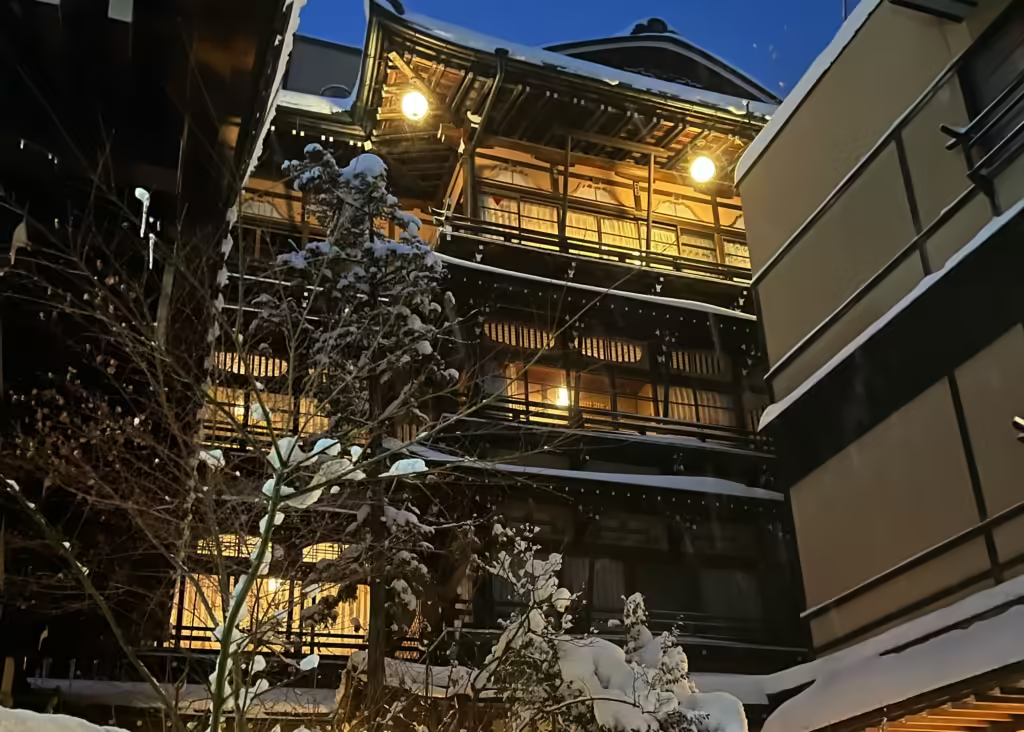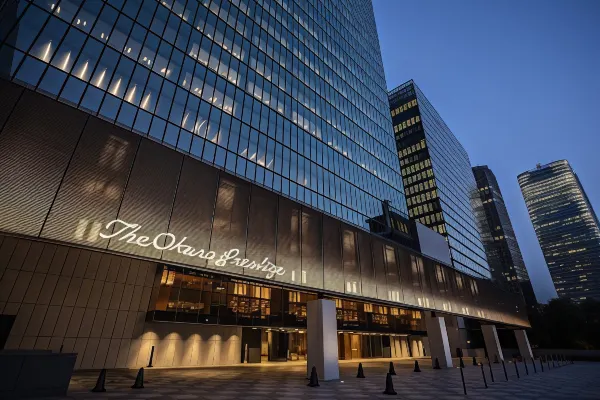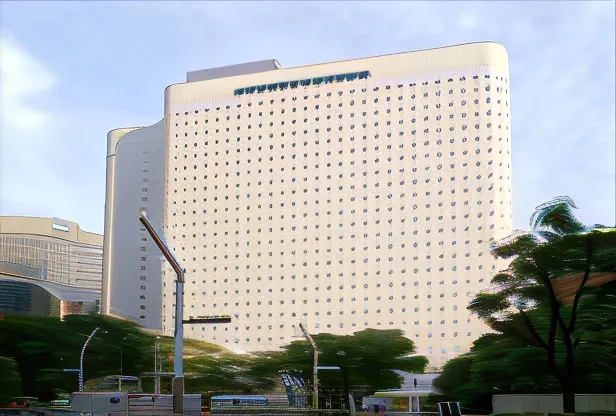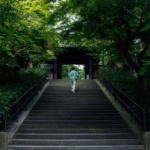Japan is home to many hotels, each offering unique features. These features can create unforgettable memories for some people. Today, I’d like to introduce key points to keep in mind when choosing hotels in Japan. Let’s get started! We offer a service that suggests hotels tailored to your budget and preferred location. Be sure to check it out!
The Differences of Hotels
First, let’s talk about the different types of hotels in Japan. They can be broadly categorized into four types: capsule hotels, ryokans, hotels, and business hotels.
Ryokan
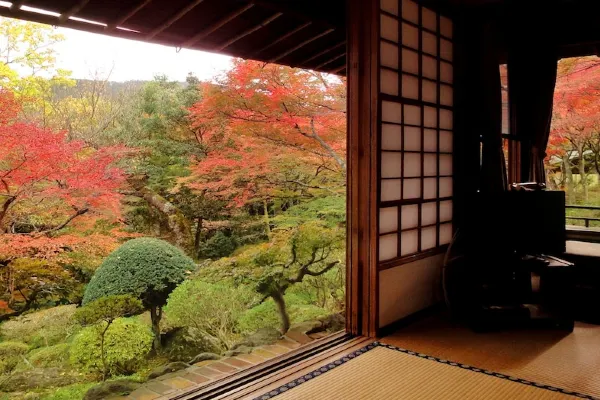
A ryokan is a traditional Japanese inn, often featuring tatami mat rooms and a uniquely Japanese atmosphere. Many ryokans also have hot spring baths (onsen) and serve meals with a Japanese flair. However, some ryokans also offer Western-style rooms, so it’s important to check the details before you book.
When it comes to ryokans, there are a few things to keep in mind. First, not all ryokans have hot springs (onsen), so don’t assume that every ryokan includes this feature. Additionally, while most ryokans offer dinner and breakfast as part of the stay, some may not include these meal options. Be sure to carefully check the details before making your reservation to avoid any surprises.
Hotel
Hotels in Japan come in many varieties, but in general, they tend to have a more Western-style vibe. Meals often lean toward Western cuisine as well. However, at hotels in tourist destinations, you may find options for Japanese meals as well, offering a wide variety of choices.
Capsule Hotel
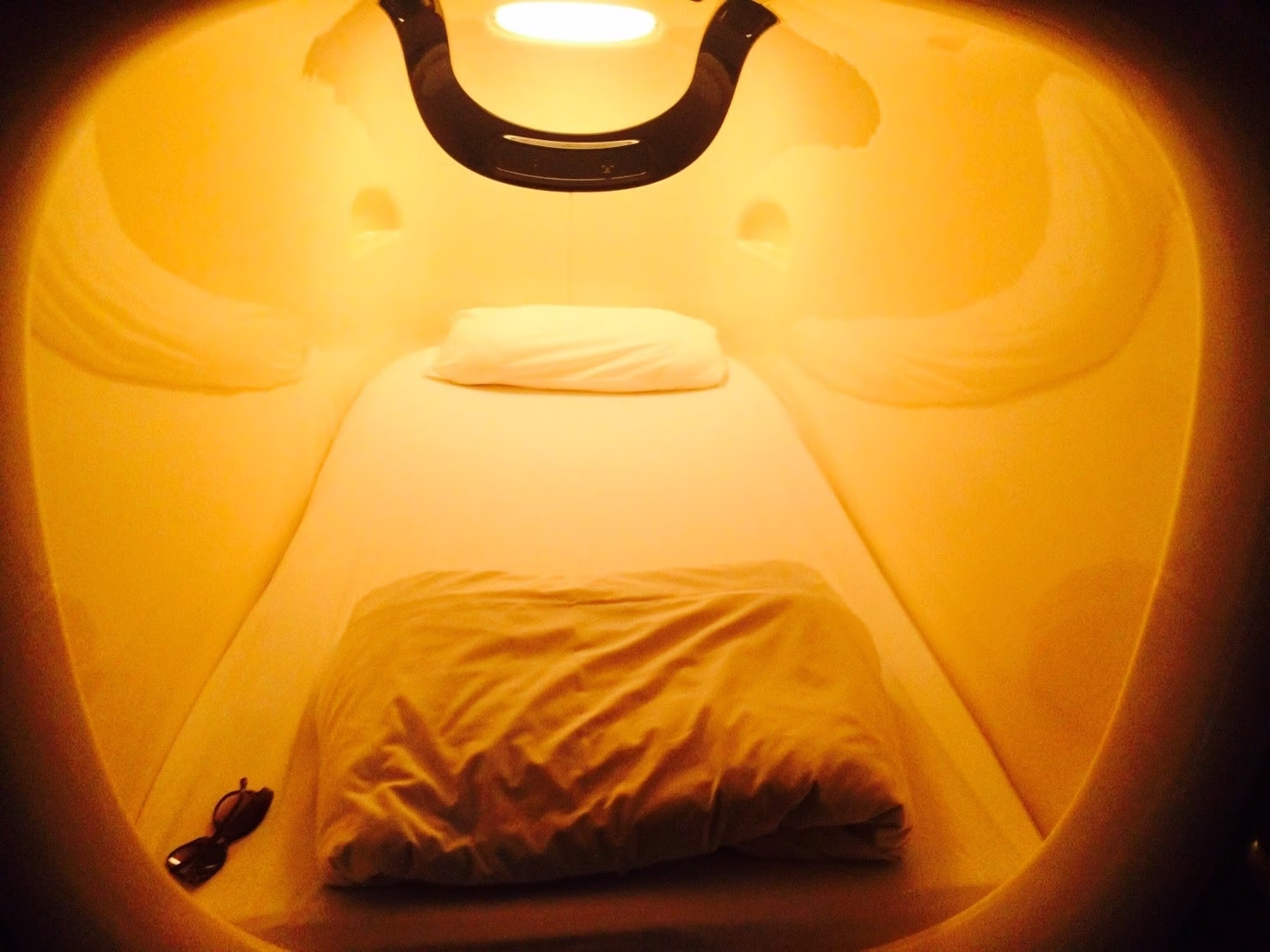
As the name suggests, a capsule hotel consists of compact, capsule-like spaces that are just large enough for a bed. Facilities such as showers, sinks, and toilets are shared among guests, much like a shared living space. Capsule hotels are a great choice if you’re looking to save money, but they might not be ideal for those who prefer more privacy.
Business Hotel
Business hotels are designed primarily for business travelers and are typically located in office districts rather than tourist areas. These hotels are often compact and focus on providing the essentials for a comfortable stay. While some business hotels include meal options, they are generally more basic, offering a simple place to rest.
The Things that you should care when you book!
When booking a hotel in Japan, here are some important things to keep in mind. While hotels in Japan generally offer high-quality services, whether a particular hotel suits your needs depends on the individual. Let me share the points I personally pay attention to when making a reservation.
Distance to Convenience Stores
One thing to consider is how close the hotel is to a convenience store. Japanese convenience stores are incredibly convenient, and in urban areas, they are usually located quite close to hotels. However, in rural areas, convenience stores may be much farther away. Make sure to check the distance to the nearest convenience store, especially if you’re staying in the countryside.
Hotel Location
The location of the hotel is another key point. I recommend thinking about the impact of rush-hour commuting when choosing a location. For instance, if you book a hotel in the suburbs, you might find yourself stuck in crowded trains during rush hour. I live in Shinjuku, and I strongly dislike experiencing rush-hour trains. To avoid this, confirm your planned destinations and book accordingly. For example, if you plan to visit places like Kawagoe or Hakone, Shinjuku is a convenient location as there are express trains departing from there, often with available seating. However, if your hotel is located further away, you might end up dealing with crowded trains just to reach Shinjuku. Considering these factors can make your trip much smoother.
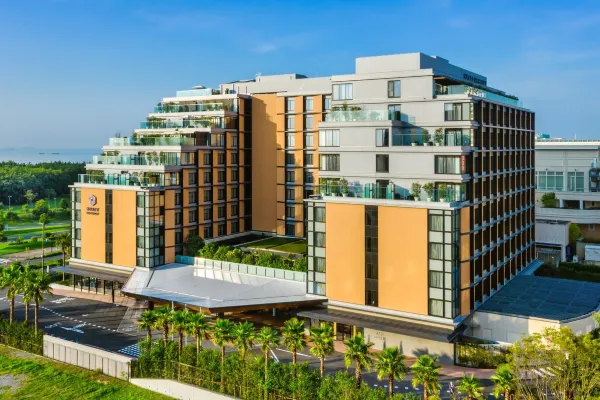
Proximity to Nightlife Areas
Be cautious about staying near nightlife districts. Areas like Kabukicho can be extremely noisy, sometimes 24/7. Unless the hotel near such areas is a well-insulated, high-quality one, it’s better to avoid them. This is especially important if you’re traveling with children, as cheaper hotels in these areas may lack soundproofing and could make your trip stressful.
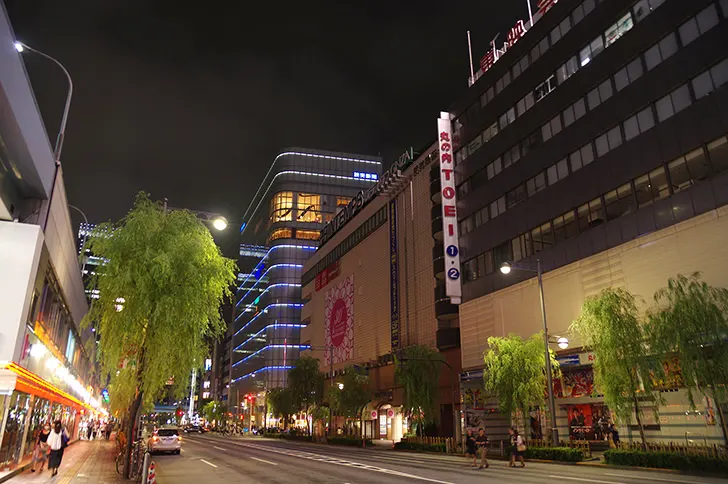
Availability of Wi-Fi
While most hotels in Japan offer Wi-Fi, it’s always a good idea to double-check before booking to ensure a reliable connection.
Check-in and Check-out Times
While this is important everywhere, it’s especially worth noting in Japan. Check-in and check-out times can vary greatly depending on the hotel, so make sure to confirm them in advance.
Additionally, while card keys are common in many countries, traditional ryokans in Japan often use physical keys. Be sure to keep the key safe and avoid losing it during your stay.
Some hotels may allow early check-in or late check-out, even if it’s not explicitly mentioned in their information. Don’t hesitate to ask the staff or check the details carefully to see if these options are available.
Be Careful “~View”
Hotels often advertise with phrases like “ocean view” or “view of Tokyo Tower” to attract guests. While these hotels do offer rooms with such views, not all rooms may have the advertised scenery. In fact, hotels where every room offers the same view are quite rare.
When booking, make sure to carefully check the room options to confirm if the view is included. If it’s unclear, don’t hesitate to contact the hotel directly for clarification.

